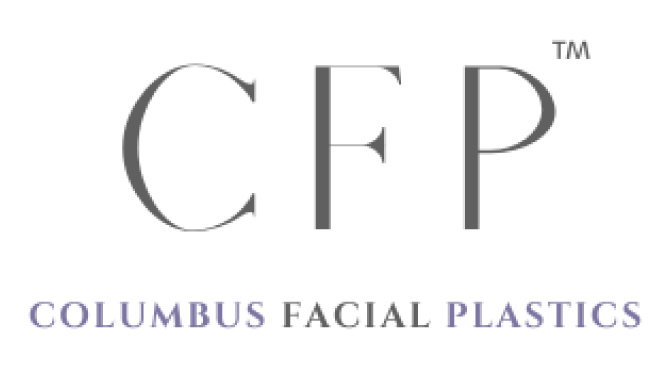I frequently answer questions on the RealSelf platform. Because of my extensive rhinoplasty experience, I believe I can offer a unique perspective to patients who are interested in rhinoplasty or revision rhinoplasty surgery. However, I am amazed at the number of patient questions about what to expect in the recovery process. Questions like “I am one week out from surgery, is this swelling normal?” And then they attach several pictures.
At first, I was astonished as to why someone would be searching the internet for answers from random physicians they have never met. But honestly, I get it. After surgery, it’s normal to be curious and to put the nose under a microscope. We have an image of what we hope the result will look like so any alteration of that image calls into question the healing process and we are conditioned these days to getting answers to our questions immediately on the internet. But when I read these questions, I can’t help but ask myself, did these patients have adequate pre-operative education and second, why don’t they call their doctor directly or at least the doctor’s office for answers?
Sullivan Centre, Columbus, Ohio, is all about education. We want our patients to know exactly what to expect before, during and after surgery. Lenore, our pre-operative nurse, spends 45 minutes to an hour with each and every rhinoplasty patient 2-3 weeks prior to surgery. She walks my patients through the experience and sends every patient home with detailed instructions. I also meet with my rhinoplasty patients during this visit to make sure they are properly prepared for their rhinoplasty procedure. After surgery, our recovery nurse reiterates Lenore‘s instructions on what to expect, as well as, any other postoperative instructions. All of my patients have my cell phone number and are encouraged to call with any questions or concerns.
If we have done our jobs correctly, my patients are comfortable and confident with the healing process. It also makes a difference that I see my rhinoplasty patient several times within the first 6-8 weeks to assess the healing process and quickly respond to any concerns. Revision rhinoplasty patients might need to be seen more frequently.
Most of the questions after rhinoplasty have to do with swelling, which is a natural consequence of any surgical procedure. Swelling typically peaks 5-7 days after surgery and recedes over a 4-6 month period. Revision rhinoplasty patients are advised that it may be a year before most of the swelling resolves. Daily changes are seen initially. Approximately 70% of the swelling disappears within the first 8-10 weeks. It’s the remaining 30% which takes the longest to resolve and it may persist for another four months. Even though the nose looks good at 1-2 weeks, it’s really not possible to get an idea of the final result until all the swelling is completely gone. Patients always have questions about the tip and unfortunately this is the area where swelling persists the longest.
Other patient concerns might include asymmetries, bumps or crookedness. It is always difficult to assess these changes during the healing process because many times it’s the soft tissue swelling or callous formation around the nasal bones which create these effects. These concerns typically resolve as the swelling goes away.
At six months, healing is nearly complete for most patients. Swelling and scar tissue have receded enough that it’s an appropriate time to assess the result and identify any persistent areas of concern. If any additional surgery is necessary to improve the result, this would be the earliest time it should be considered. The tissue planes will hopefully be more identifiable allowing your surgeon to make the necessary changes to improve the result. Of course, more complicated rhinoplasties involving graphs or implants and revision rhinoplasty patients may take one year to reach this point.
The bottom line when it comes to healing after rhinoplasty is that it takes time and the best information comes from your surgeon or your surgeon’s staff. They are the ones who know your specific case the best. Lastly, don’t sweat the small stuff during the recovery. Our bodies have an amazing way of healing. Most concerns early in the recovery resolve over time.


